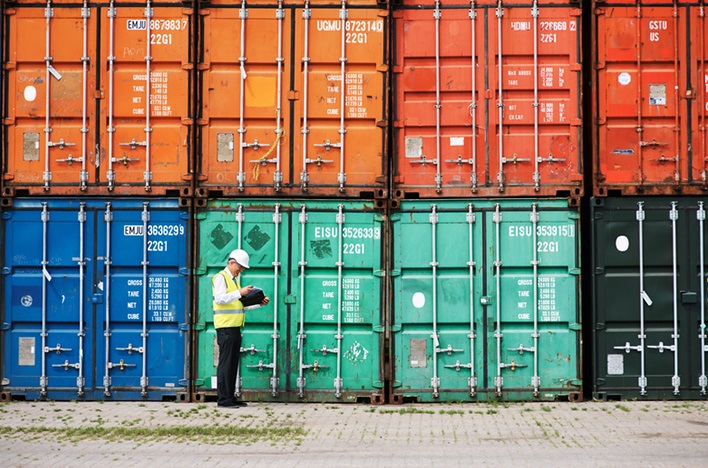Small businesses can compete—and win—on the international stage.
Global trade has become a hot topic nationally, but if you asked most small business owners if they have ever thought about becoming exporters, the answer would probably be “no.” Why is that?
After all, international trade expands the potential market for a company’s products and services. Approximately 95 percent of the world’s population exists outside of the United States, constituting almost 73 percent of total consumer spending.
The world’s middle class is getting bigger, and they have more disposable income. By taking advantage of this increased consumer spending, U.S. businesses can expand their consumer base, their sales and, ultimately, their profits.
Between 2005 and 2009, U.S. exporters experienced revenue growth of 37 percent, while those exclusively doing business domestically saw revenues fall by 7 percent.
Businesses that export typically pay 15 percent more in wages than nonexporting businesses. Higher wages allow workers to spend more on goods and services, which means there is more money flowing into local communities.
Three Obstacles for Small Business Exporters
With so many benefits to exporting, why do less than 1 percent of U.S. businesses export? There are three central reasons for this:
It’s intimidating // Let’s face it—the thought of doing business with the unfamiliar is scary, especially with the added risks and uncertainties attached with exporting. What if I don’t get paid? What if someone steals my idea? Is this a credible company?
It’s not a priority // Many companies do not include exporting in their business plan. I’m too busy with domestic sales. Ain’t nobody got time for that.
It’s a bit of a mystery // Most businesses are unaware that export support services exist, let alone where to start once they do make the commitment to export. Who do I turn to? What documents do I need? What the heck is an incoterm?
Help Is Out There
Kansas City is part of a new program, the Global Cities Initiative, which is trying to encourage more small businesses to become exporters.
Researchers found more than 500 companies in our region that aren’t exporting now, but could do so if they received a little coaching and assistance. There are several organizations that offer free or low-cost help, but most entrepreneurs don’t know they exist.
To bridge the gap, World Trade Center Kansas City has created the Export Concierge program.
After an initial consultation, would-be exporters are matched with a wide network of resources that have knowledge and experience in specific areas of international trade: financial needs, legal assistance, logistics services, education assistance, vetting foreign companies, market research and trade lead generation, to name a few.
This vast resource network includes private, state and federal organizations ready to assist your business with exporting-related needs. For example:
» The U.S. Small Business Administration and its network of small business development centers are a wealth of information on global trade. They provide counseling and workshops to companies that are starting or scaling up their export activities—or that just need a refresher.
» The U.S. Commercial Service, the U.S. Department of Agriculture, the Kansas Department of Commerce, the Missouri Department of Economic Development, the Kansas Department of Agriculture and the Missouri Department of Agriculture all have programs and market data available to assist you in finding potential foreign clients. They can also assist in vetting international customers.
The Export Concierge can also connect you with a range of private companies—banks, logistics experts, law firms and more—that can provide you with world-class expertise in exports.
No matter your international business need, there are fantastic resources available to help you compete on the global stage.


